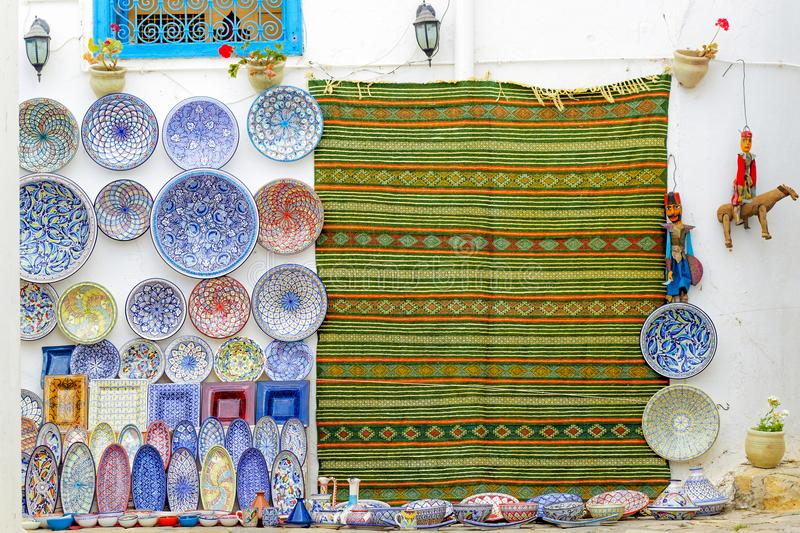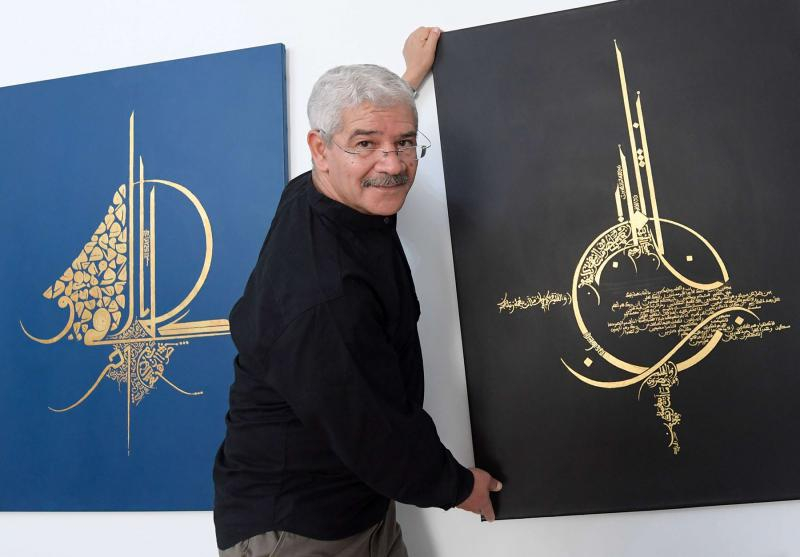The arts
Tunisia, dotted with ancient civilization ruins, is an important location for the study of world archaeology and architecture. The Al-Zaytnah Mosque in Tunis, which dates from the 8th century CE, the slightly older Great Mosque of Uqbah ibn Nfi in Kairouan, and the ruins of Carthage are among the most significant of its numerous historic sites.
Although Tunisians generally use French or English in science, they remain firmly attached to Arabic in the literary sphere—in poetry, fiction, and short stories. The 11th-century litterateurs Ibrhm al-ur, asan ibn Rashq, and Muammad ibn Sharaf al-Qayrawn, as well as the 14th-century polymath Ibn Khaldn, are still revered figures in philosophy and literature. Tunisian literature grew out of a cultural renaissance in the early twentieth century. By combining modern European styles with contemporary Tunisian themes, social essayist Tahar Haddad, satirist Ali Douagi, poet Aboul Kacem Chabbi, and others have paved the way for a new realist trend in Tunisian literature. Tunisian writers, including women, are gaining international acclaim.









